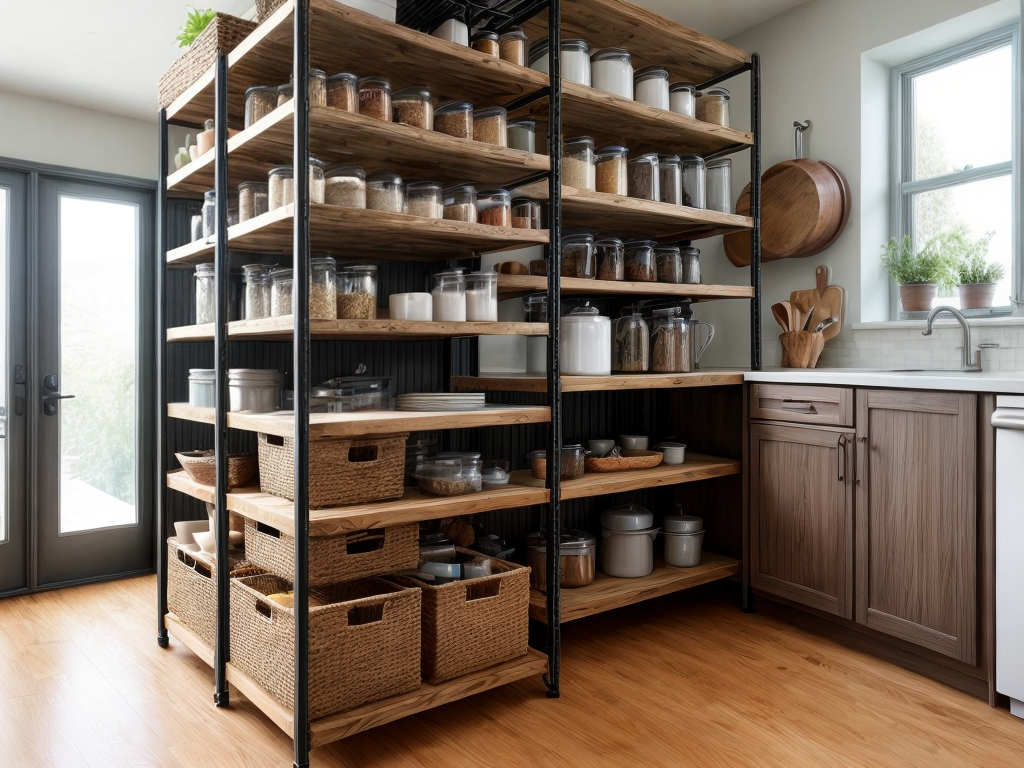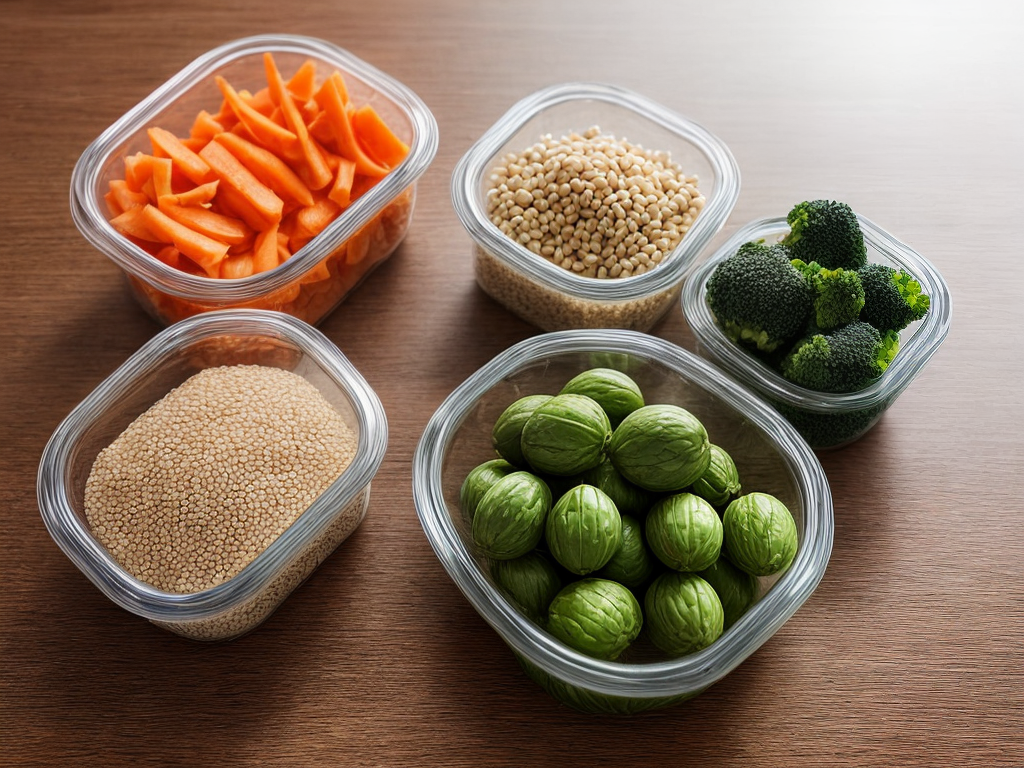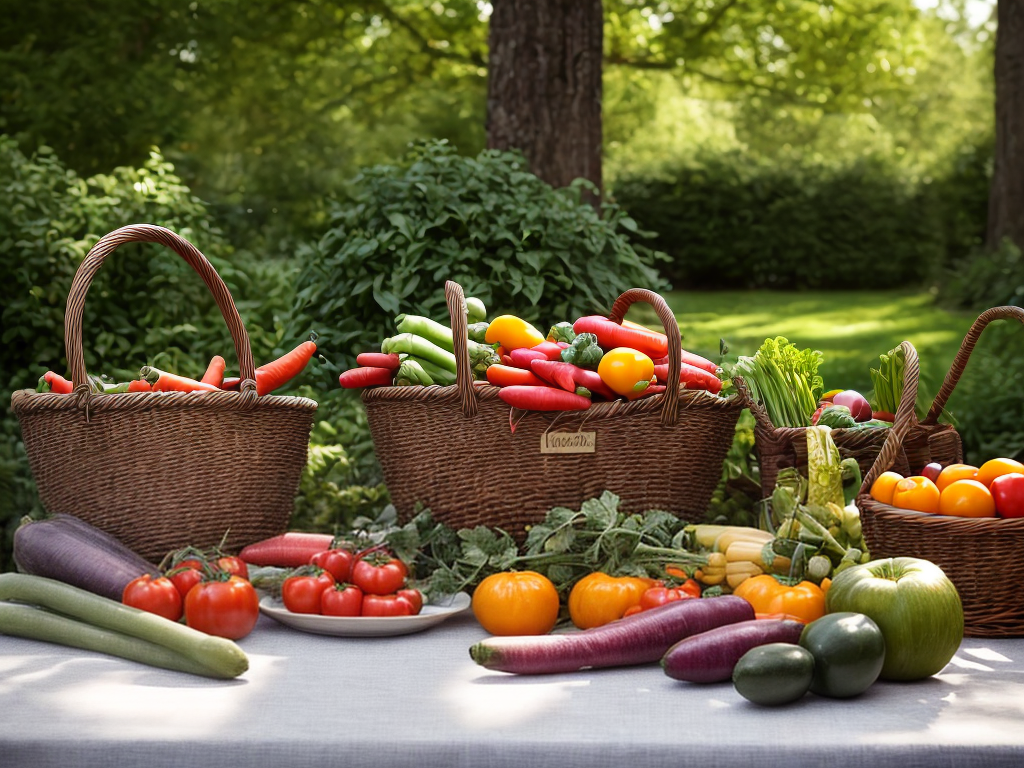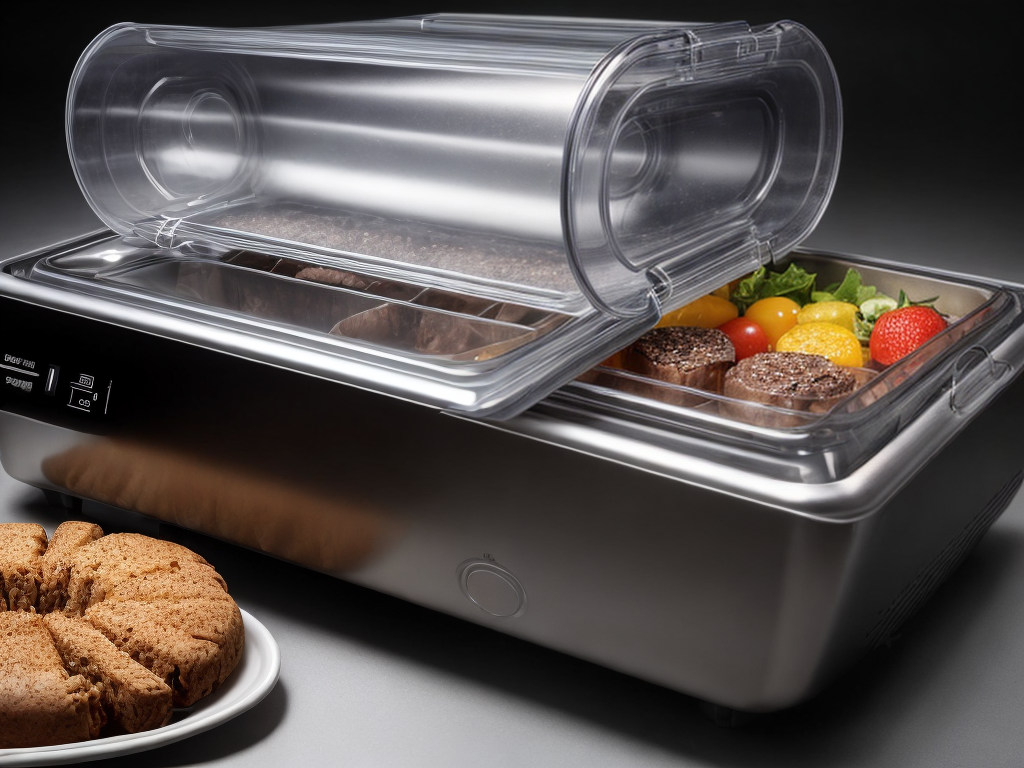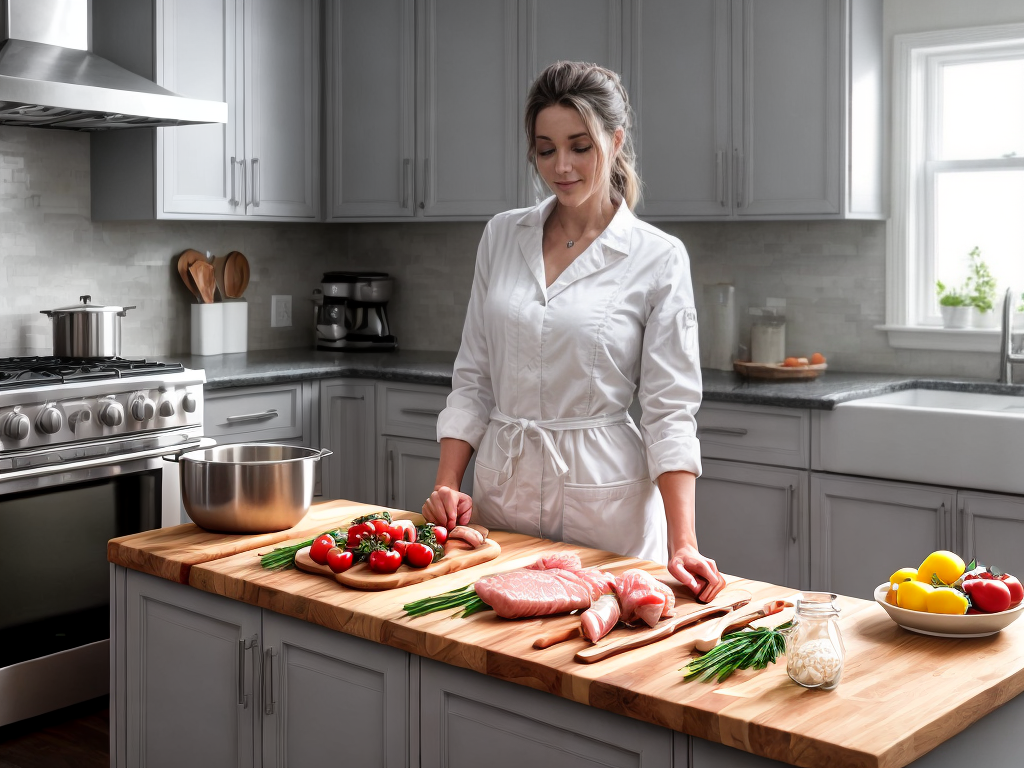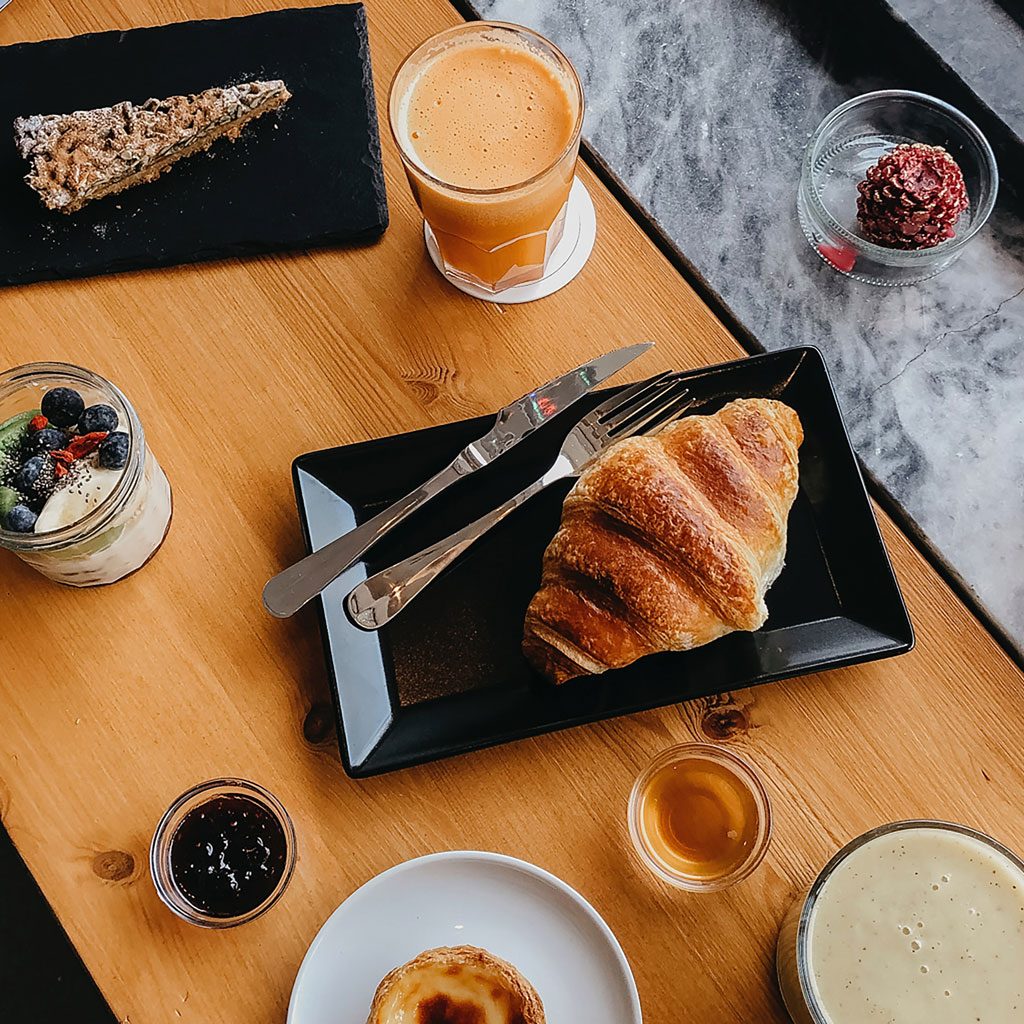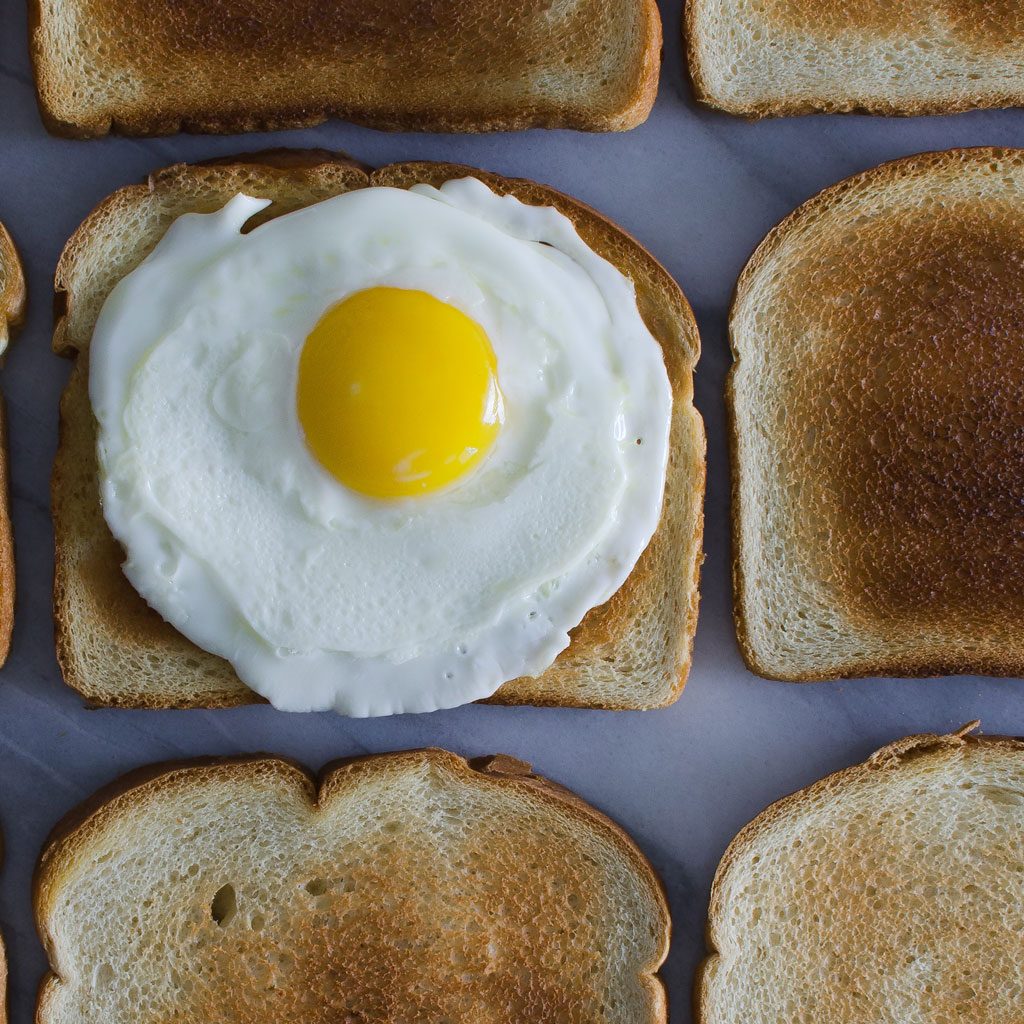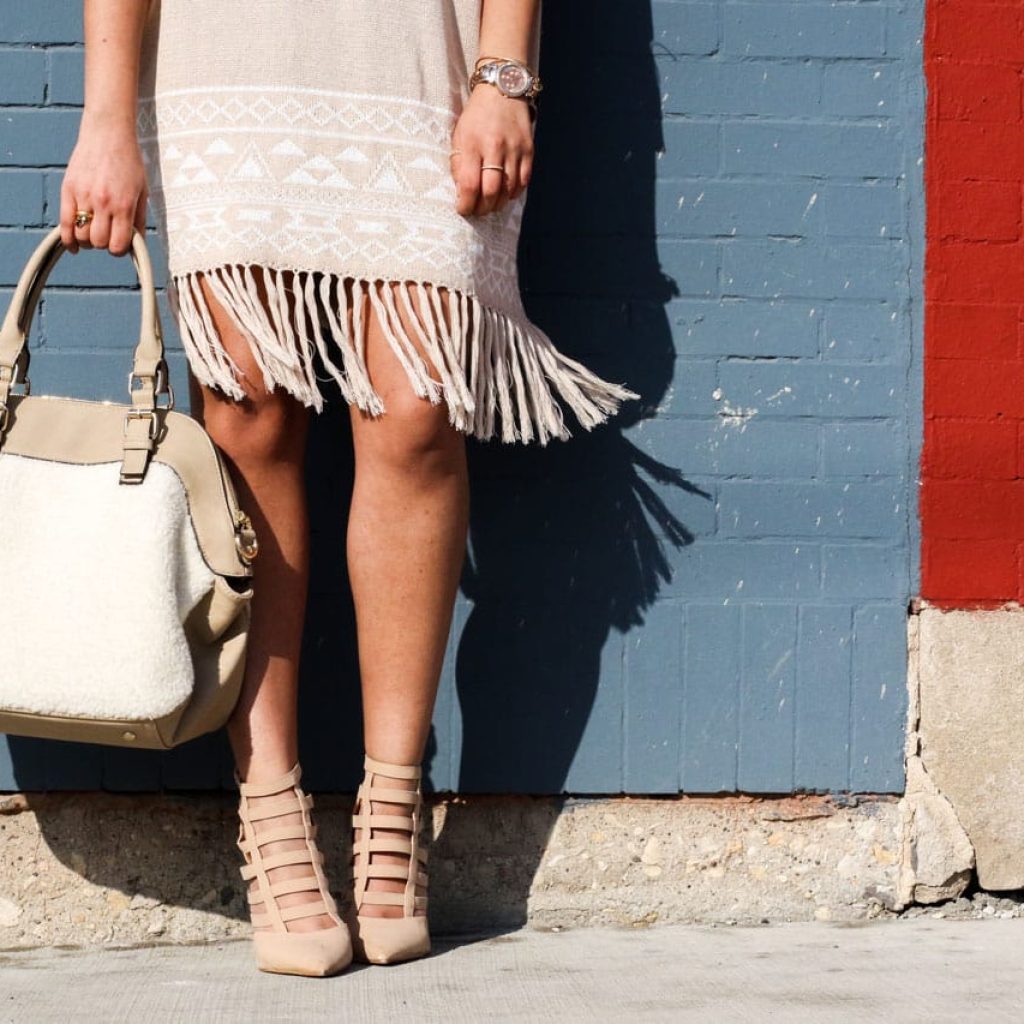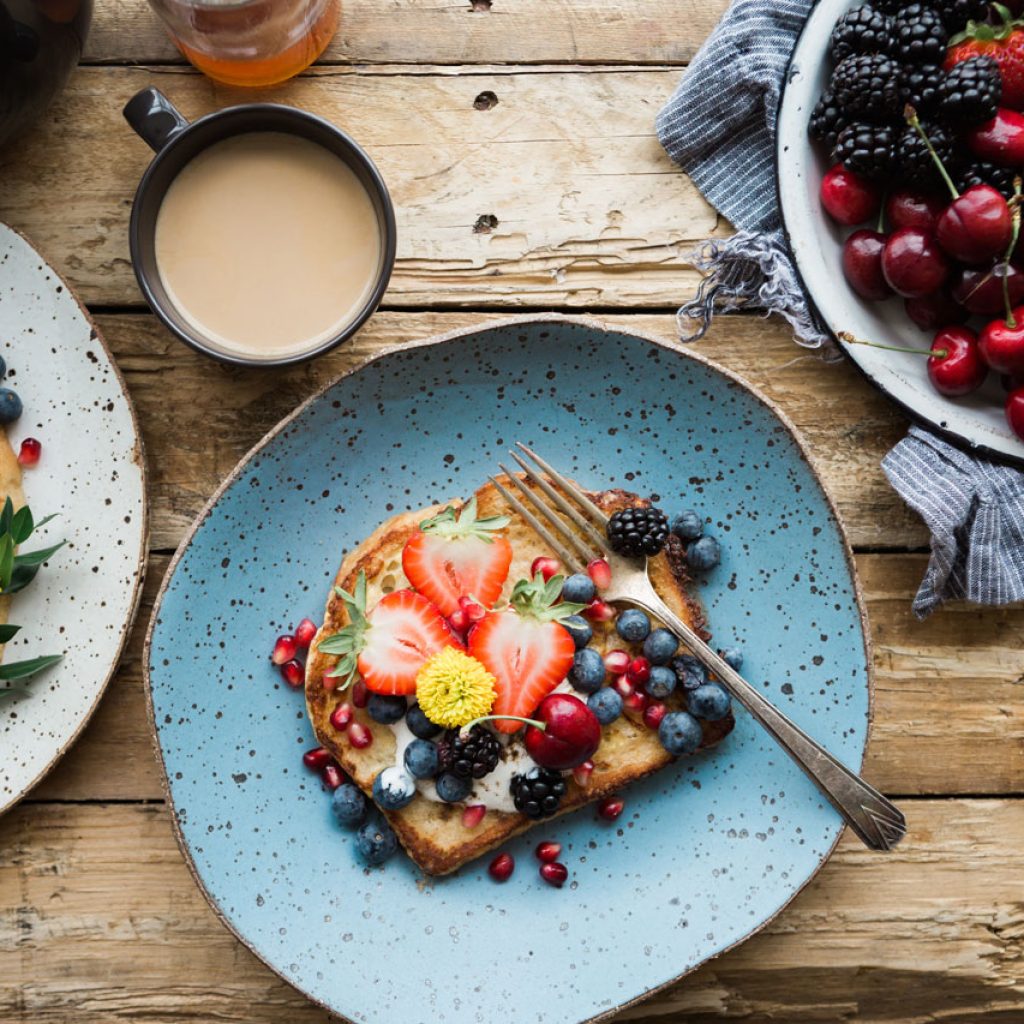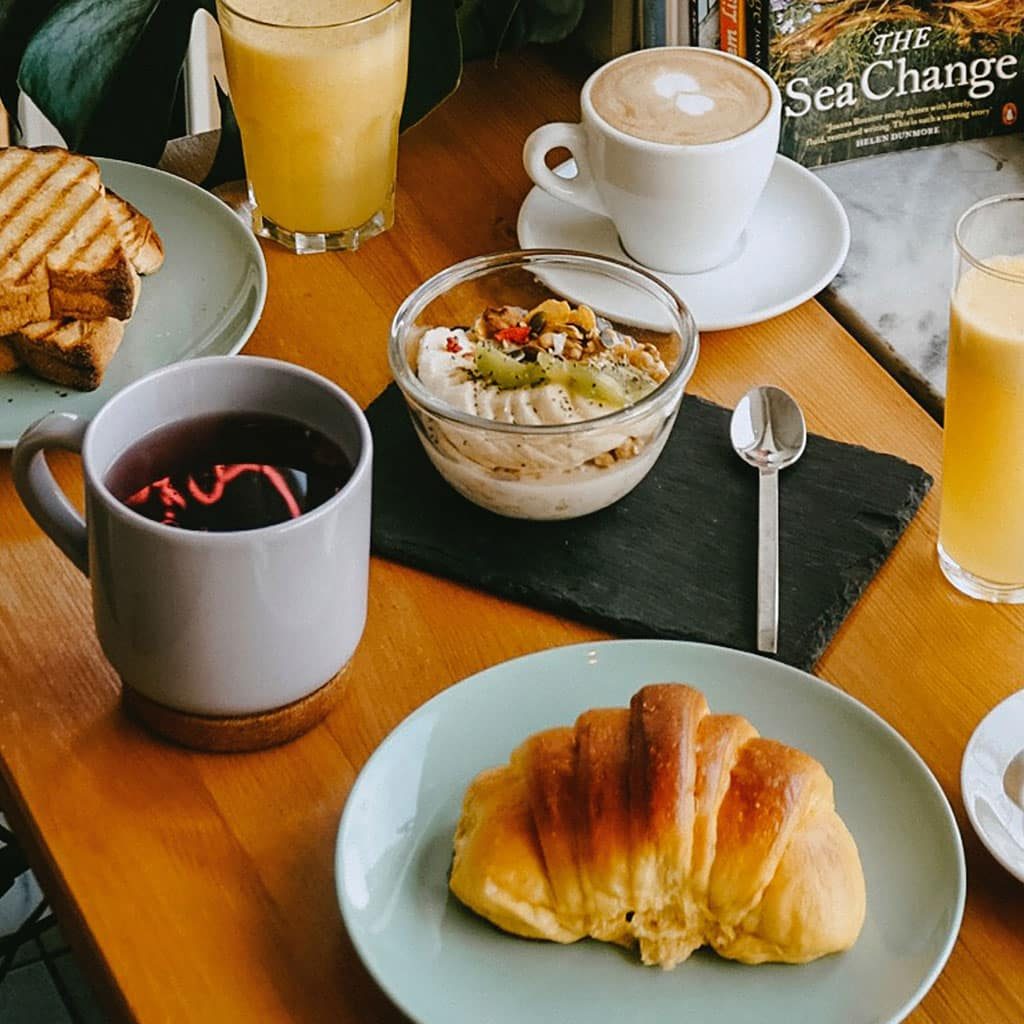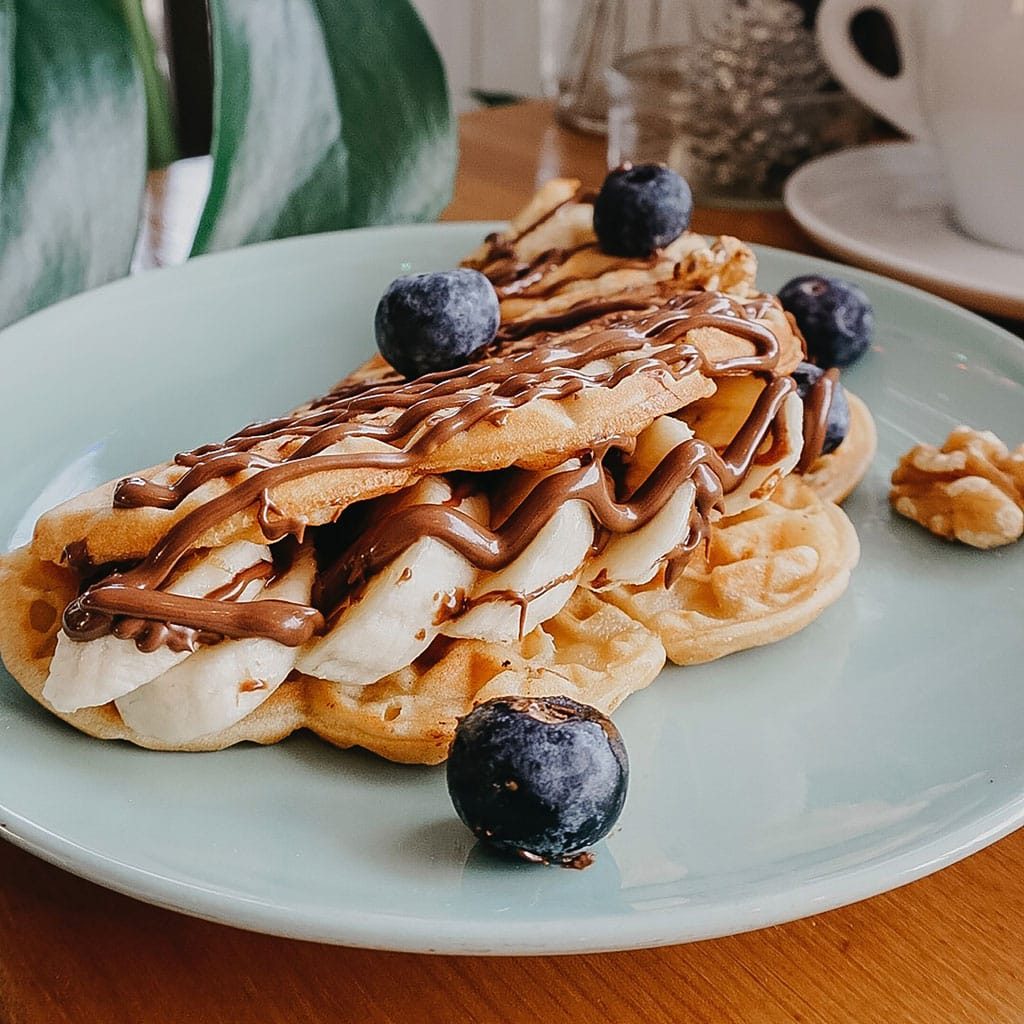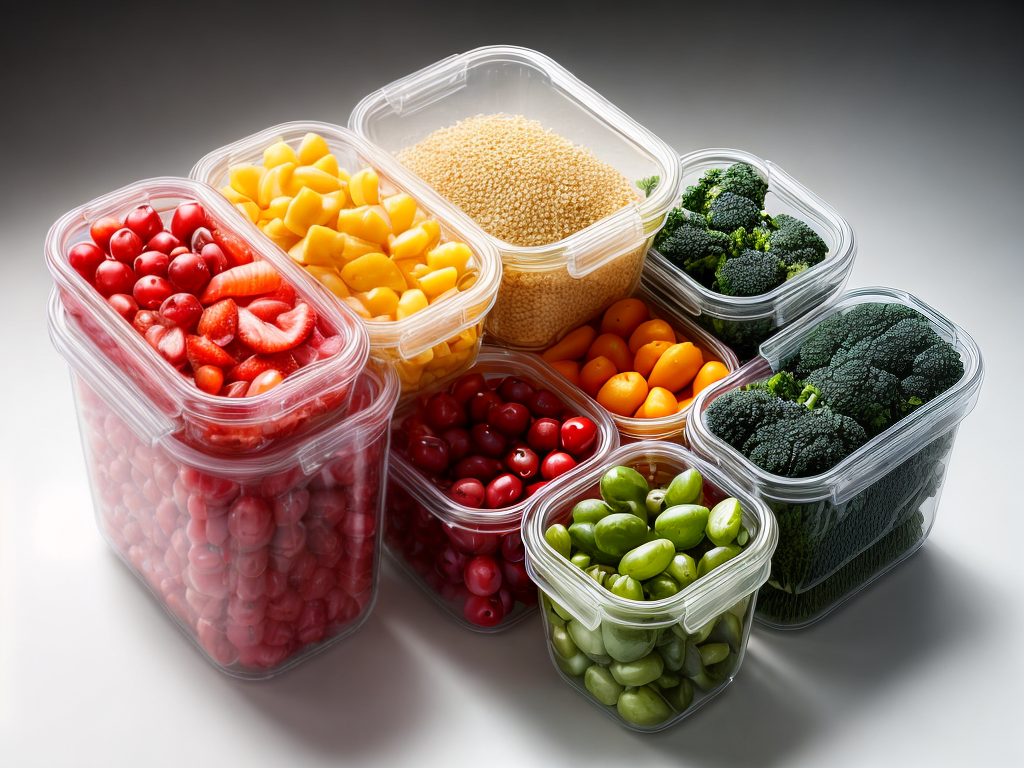
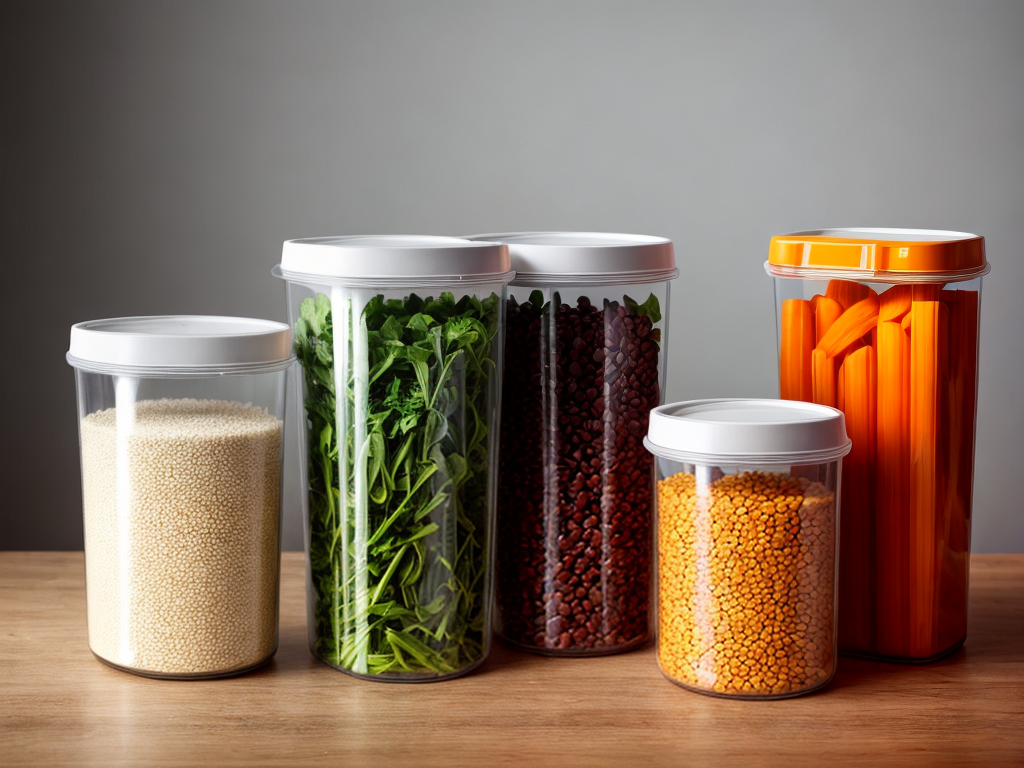
As I stand in my cluttered kitchen, staring at a mishmash of mismatched containers, it becomes clear that a more organized and efficient approach to food storage is needed. The search for the best food storage containers begins, with the goal of finding the perfect balance between functionality, durability, and affordability. In this discussion, I will explore the various material options available, factors to consider when choosing container sizes, the importance of durability, and the features and accessories that can make a container stand out from the rest. So, let’s dive in and uncover the secrets to selecting the best food storage containers for our needs.
Material Options for Food Storage Containers
When choosing food storage containers, it is important to consider the material options available to ensure optimal preservation and safety. Sustainability options and eco-friendly alternatives have become increasingly popular in recent years. These materials are not only better for the environment, but they also offer benefits for your health and the longevity of your food.
One eco-friendly material option is glass. Glass containers are non-toxic, non-porous, and do not contain any harmful chemicals that can leach into your food. They are also microwave and dishwasher safe, making them convenient for everyday use. Glass containers are durable and can last for a long time, reducing the need for frequent replacements.
Another sustainable option is stainless steel. Stainless steel containers are resistant to corrosion, making them a great choice for acidic or oily foods. They are also lightweight, making them easy to carry around. Stainless steel containers are known for their durability and longevity, making them a cost-effective choice in the long run.
Lastly, silicone is a popular eco-friendly alternative. Silicone containers are flexible, making them easy to store and transport. They are also microwave and dishwasher safe, making them convenient for reheating and cleaning. Silicone is a non-toxic material that is resistant to stains and odors, ensuring that your food stays fresh and uncontaminated.
Factors to Consider When Choosing Container Sizes
To choose the right container size, consider the amount of food you need to store and the available storage space. Here are three factors to consider when choosing container sizes:
-
Food Quantity: Determine the volume of food you usually store to ensure you have containers that can accommodate your needs. Consider whether you need containers for individual portions or larger quantities for family meals or meal prepping.
-
Storage Space: Evaluate the available storage space in your pantry, refrigerator, or freezer. Measure the shelves and drawers to ensure the containers will fit without wasting any valuable space. Opt for stackable containers to maximize vertical space.
-
Container Shapes: Different shapes of containers offer different advantages. Rectangular or square containers are great for maximizing storage space and organization, while round or oval containers are ideal for liquids and sauces.
When considering container sizes, it’s also important to think about eco-friendly options. Look for containers made from sustainable materials such as glass or BPA-free plastic that can be reused and recycled. Choosing eco-friendly options not only benefits the environment but also ensures the safety of your food.
Durability and Longevity of Food Storage Containers
When choosing food storage containers, it is important to consider their durability and longevity. The material strength of the container is crucial in ensuring it can withstand regular use and handling without breaking or cracking. Additionally, a leak-proof design is essential to prevent any spills or contamination. Lastly, opt for containers that are temperature resistant, allowing you to store a variety of foods without worrying about damage or spoilage.
Material Strength
Material strength is a crucial factor to consider when selecting food storage containers. Here are three important points to keep in mind:
-
Durability: Look for containers made from strong materials such as glass or high-quality plastic. These materials are less likely to crack or break, ensuring the longevity of your food storage containers.
-
Longevity: Invest in food storage containers that are built to last. Choose options that are resistant to stains, odors, and warping. This will ensure that your containers remain in good condition over time, providing you with reliable storage for your food.
-
Eco-friendly options: Consider choosing food storage containers that are not only durable but also environmentally friendly. Look for containers made from sustainable materials, such as BPA-free plastic or glass. These options promote food container safety while reducing your environmental impact.
Leak-Proof Design
With a leak-proof design, food storage containers ensure the durability and longevity of your stored food. These reusable containers are designed to prevent any leaks or spills, keeping your food fresh and safe. When choosing food storage containers with a leak-proof design, look for options that are made from high-quality materials such as BPA-free plastic or glass. These materials not only provide excellent durability but also ensure that no harmful chemicals will leach into your food. Additionally, consider eco-friendly options such as containers made from sustainable materials like bamboo or stainless steel. These containers not only help reduce waste but also contribute to a healthier planet. By investing in leak-proof and eco-friendly food storage containers, you can ensure the longevity of your food while also being environmentally conscious.
Temperature Resistance
To ensure the durability and longevity of your food storage containers, it is important to consider their temperature resistance. When choosing containers, look for the following features to ensure they can withstand heat and provide insulation capabilities:
-
Heat resistance: Opt for containers that are specifically designed to withstand high temperatures. This will allow you to safely store hot foods without worrying about the container warping or melting.
-
Insulation capabilities: Containers with good insulation properties will help maintain the temperature of your food, whether it’s hot or cold. Look for containers that have double walls or vacuum insulation to keep your food at the desired temperature for longer periods.
-
Material selection: Different materials have varying heat resistance and insulation properties. For example, stainless steel and glass containers are known for their excellent heat resistance and insulation capabilities. Consider the type of food you plan to store and choose a material that suits your needs.
Features and Accessories to Look for in Food Storage Containers
When choosing food storage containers, it is important to consider the features and accessories that will enhance functionality and convenience. To keep your kitchen organized, look for containers that come with accessories such as dividers, labels, and stackable options. These accessories will help you easily separate and identify different types of food, making meal prep and storage a breeze. Additionally, opting for eco-friendly options can contribute to a more sustainable lifestyle. Look for containers made from materials such as glass or stainless steel, which are not only durable but also reusable and recyclable. These options are free from harmful chemicals and can help reduce plastic waste. Moreover, consider containers with leak-proof lids to prevent any spills or messes in your fridge or bag. Some containers also come with built-in ventilation, which allows airflow and helps keep your food fresher for longer. By choosing food storage containers with these features and accessories, you can streamline your kitchen organization, reduce your environmental impact, and ensure your food stays fresh and protected.
Considerations for Easy Cleaning and Maintenance
Considering the ease of cleaning and maintenance is crucial when selecting food storage containers. Not only does it ensure that your containers remain sanitary and free from harmful bacteria, but it also saves you time and effort in the long run. Here are three key considerations to keep in mind:
-
Dishwasher Safe: Look for food storage containers that are labeled as dishwasher safe. This will make cleaning a breeze as you can simply pop them in the dishwasher and let it do the work for you. It saves you the hassle of having to hand wash each container individually.
-
Easy-to-Clean Design: Opt for containers with smooth surfaces and minimal crevices, as these are easier to clean. Avoid containers with intricate designs or complicated lids that can trap food particles and make cleaning difficult.
-
Stackable and Space-Saving: Consider food storage containers that are stackable, as they not only save space in your cabinets or pantry but also make it easier to organize and access your containers. Look for containers that have lids that securely stack on top of each other, allowing you to maximize your storage space efficiently.
Budget-Friendly Options for Food Storage Containers
Now let’s explore some budget-friendly options for food storage containers. When it comes to finding affordable solutions for storing your food, there are a few cost-effective alternatives that you can consider. One option is to go for plastic containers. Plastic containers are generally less expensive compared to glass or stainless steel options. They are lightweight, durable, and come in various sizes and shapes to accommodate different storage needs. Another affordable option is to use resealable plastic bags. These bags are versatile and great for storing small portions of food. They are also easy to stack and take up less space in your kitchen. Additionally, consider purchasing food storage containers in bulk or sets. Buying in bulk can often save you money in the long run, as you get more containers for a lower price per piece. Sets, on the other hand, offer a range of container sizes that can meet different storage requirements. By opting for these budget-friendly options, you can effectively store your food without breaking the bank.
Conclusion
In conclusion, choosing the best food storage containers involves considering factors such as the material, size, durability, features, and ease of cleaning. By selecting containers that meet your specific needs and preferences, you can ensure that your food stays fresh and organized for longer periods of time. Additionally, keeping your budget in mind, there are various options available that offer both quality and affordability.

